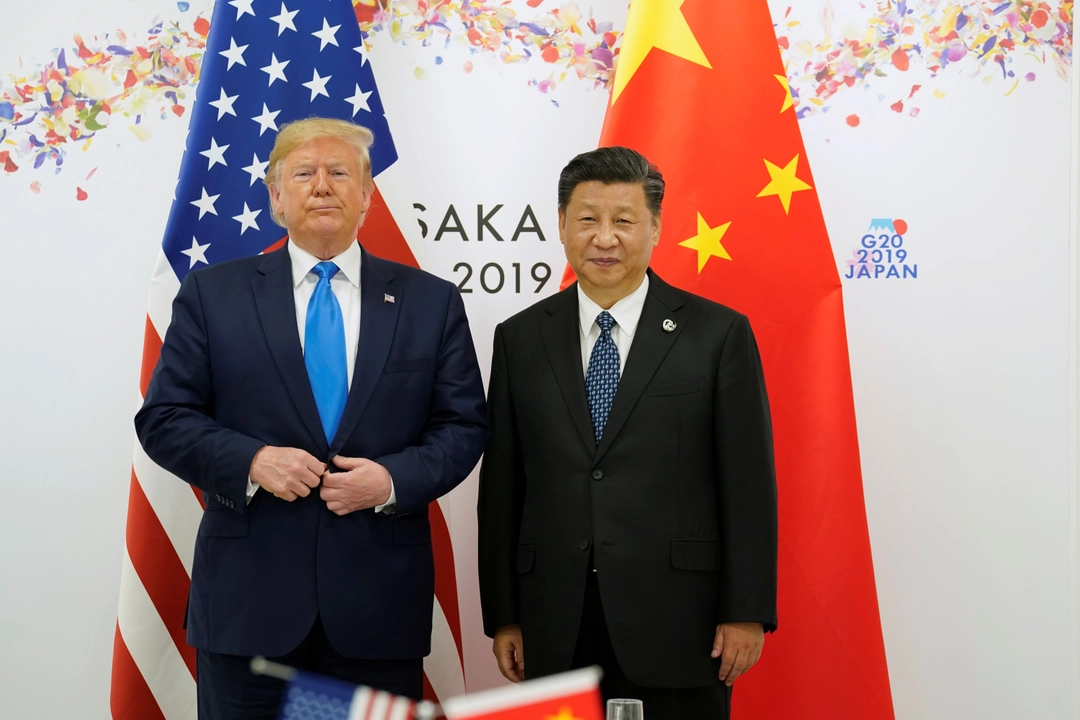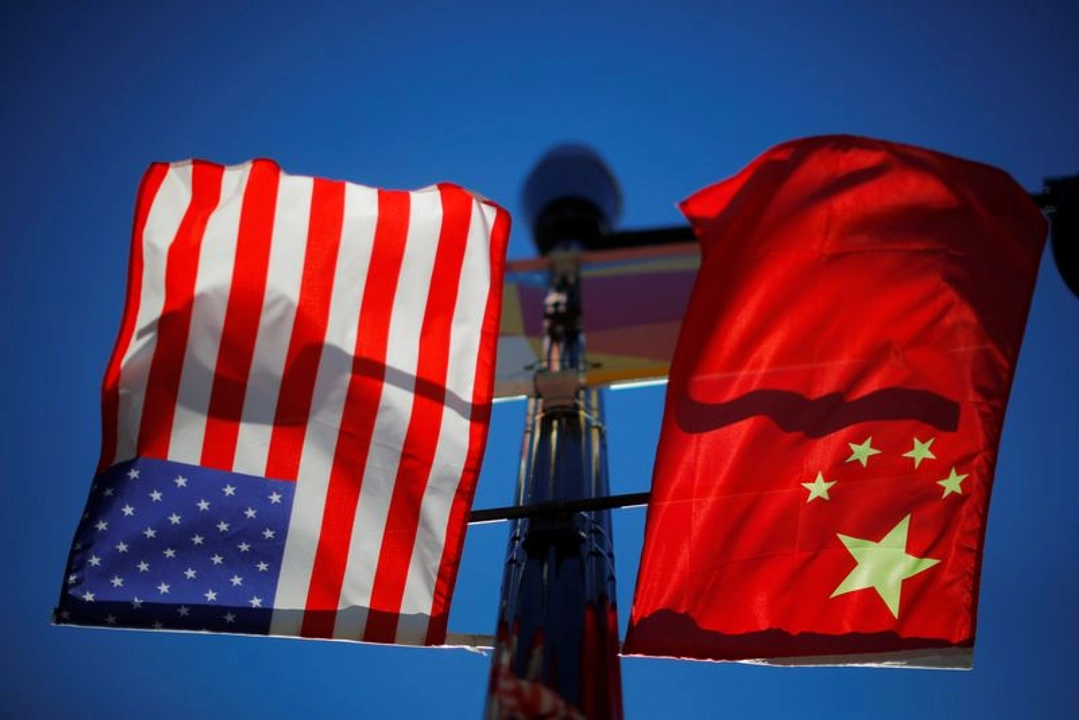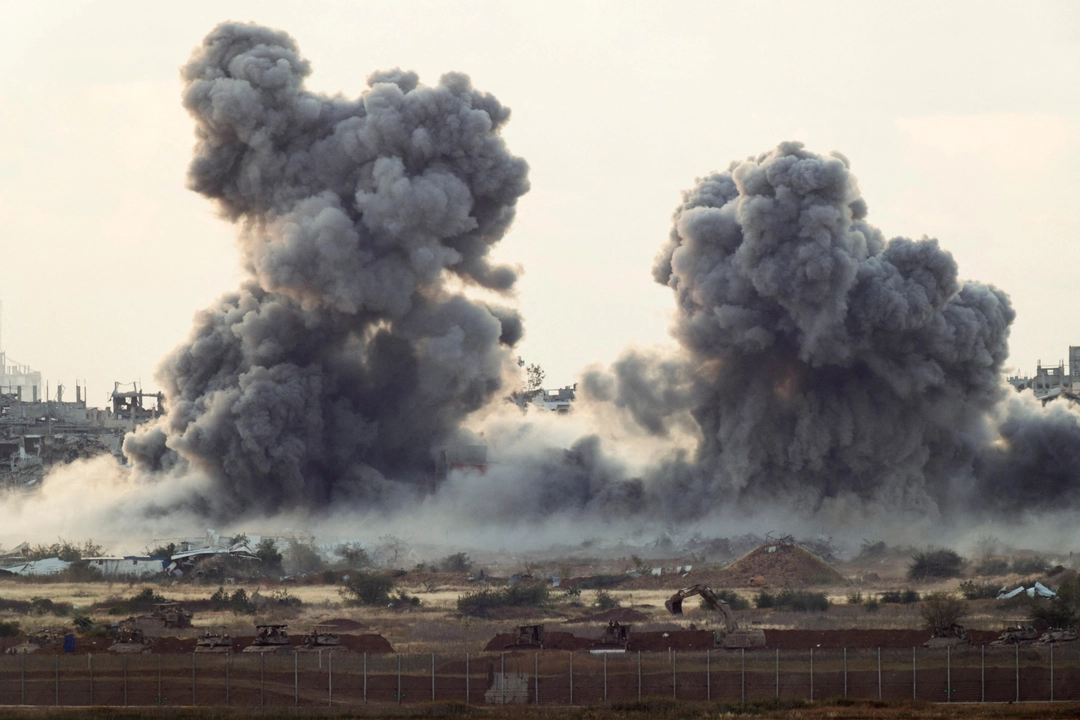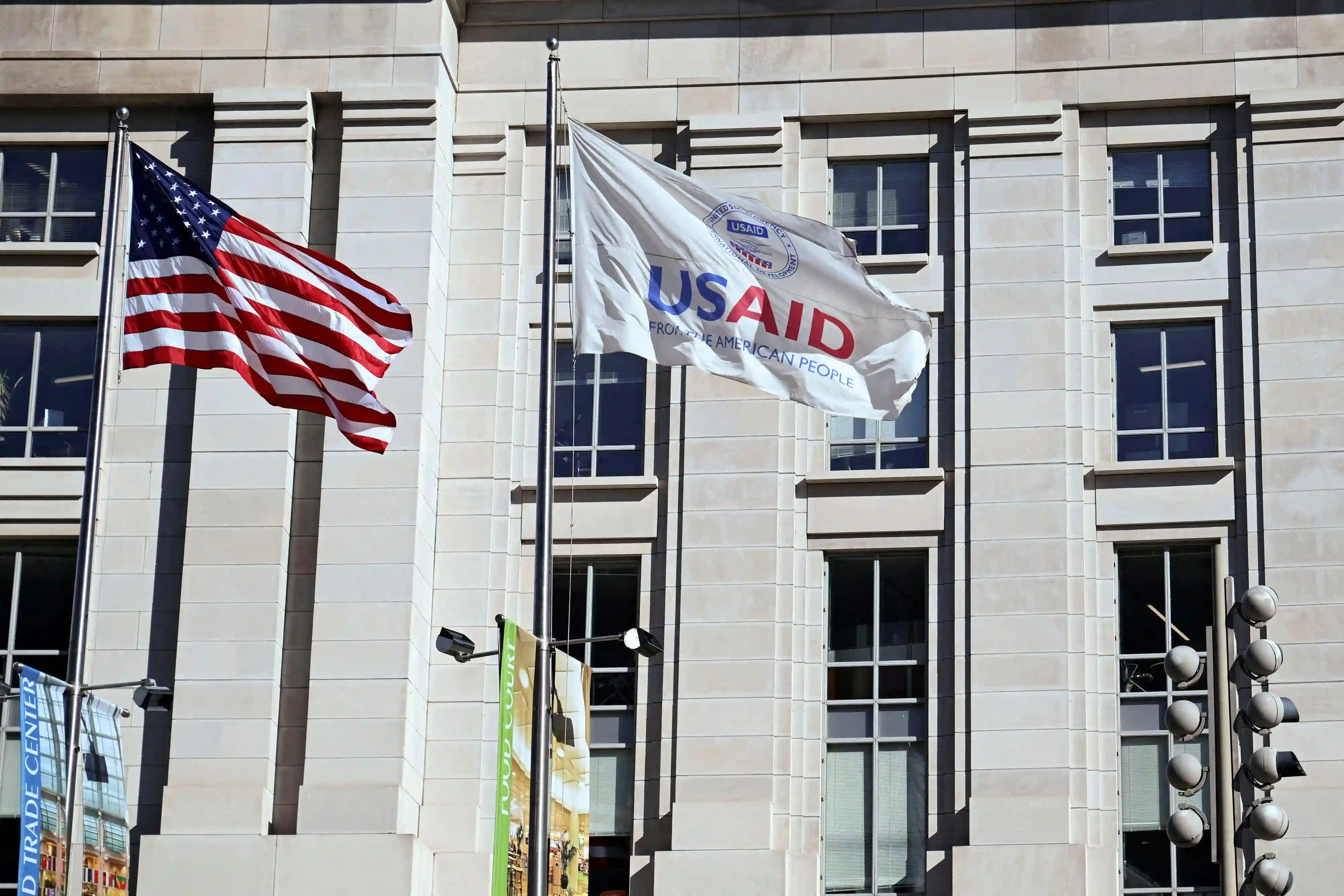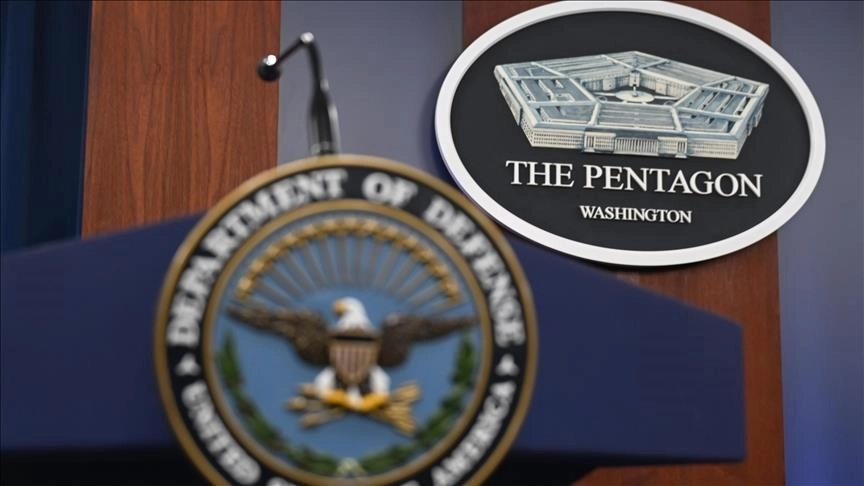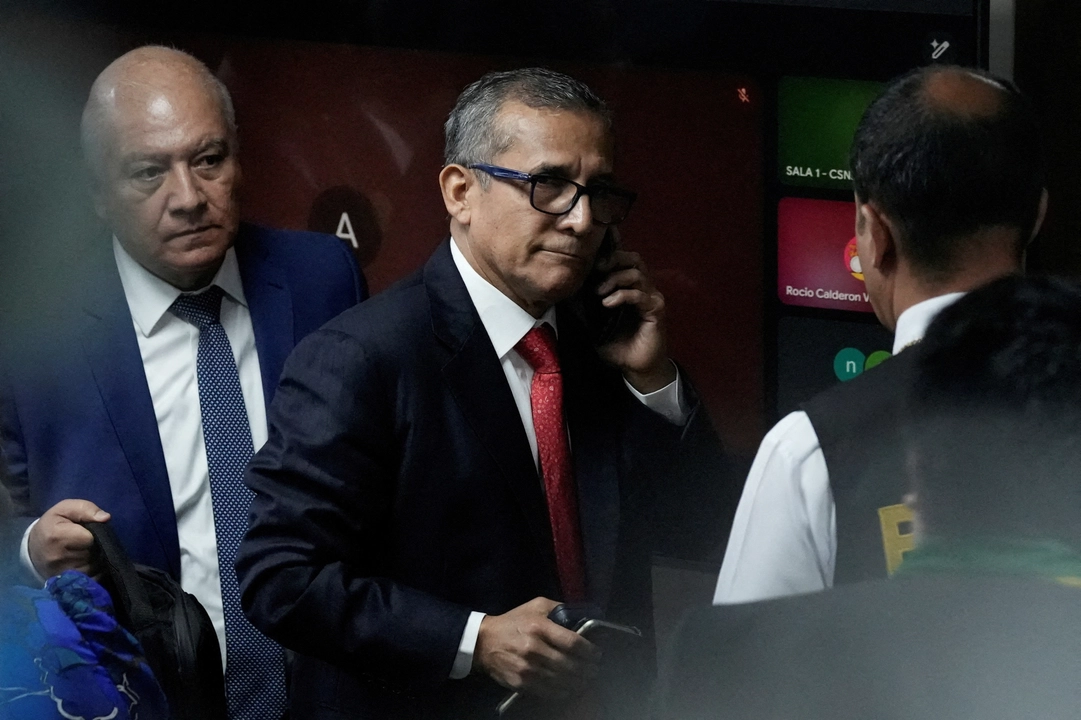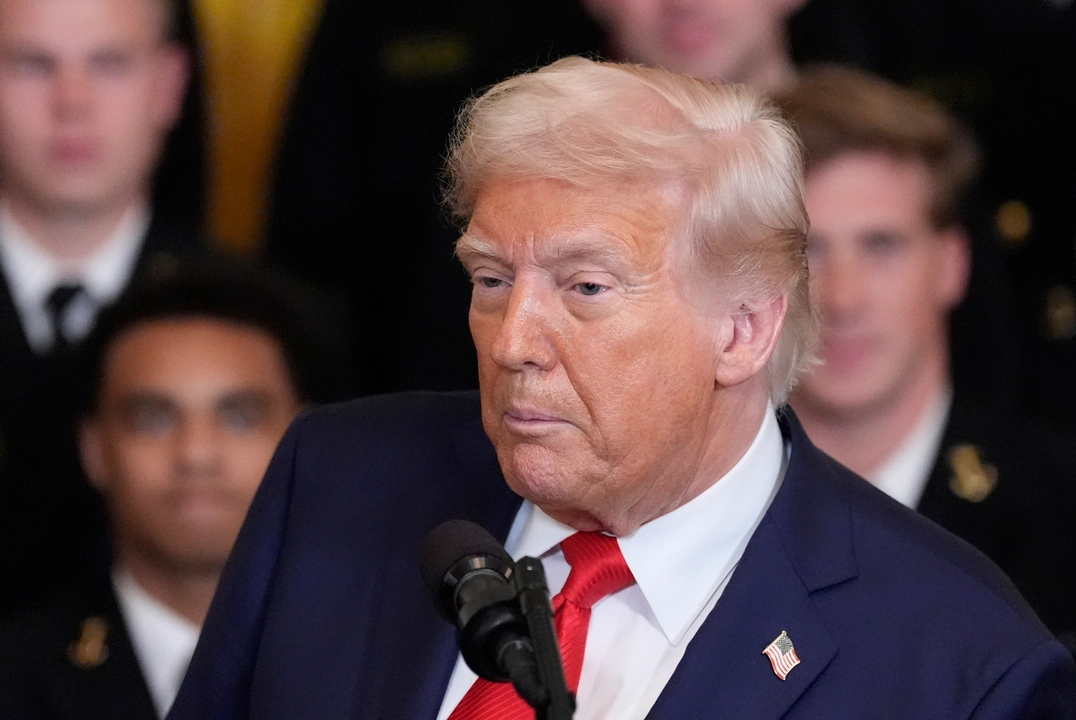Washington, DC — The bloodletting began before dawn.
By the time Wall Street rang its opening bell on April 3, the selloff — turbocharged by the US President Donald Trump's sweeping tariffs on imports — had already begun in Tokyo, circled through Frankfurt, and slammed into New York with the velocity of a high-speed derailment.
Within 48 hours, nearly $6 trillion in market value had vanished — more than the GDP of Germany.
Apple slid 8 percent. Semiconductors cratered. The S&P's red streak looked less like a correction and more like a reckoning.
The prestigious benchmark that tracks the stock performance of 500 of the most prominent publicly traded companies in the US, was offering a gauge of the nation's economic health.
And it was a warning.
"There's panic pricing in," Dr Sarah Klein, a macroeconomist based in New York who has long argued that tariffs, especially in bulk, carry more political symbolism than economic strategy, told TRT World.
"If volatility holds at these levels, we're staring down a $10 to $12 trillion drawdown possibly over the next few months. One hopes not."
On April 2, Trump announced sweeping new tariffs ranging from 10 percent to 50 percent on a wide range of imports — from Chinese tech to European autos, South Korean batteries to Canadian timber. In a matter of hours, global trading partners mobilised, and the markets convulsed.
The VIX (Volatility Index) — the market's "fear gauge"— spiked to 35.
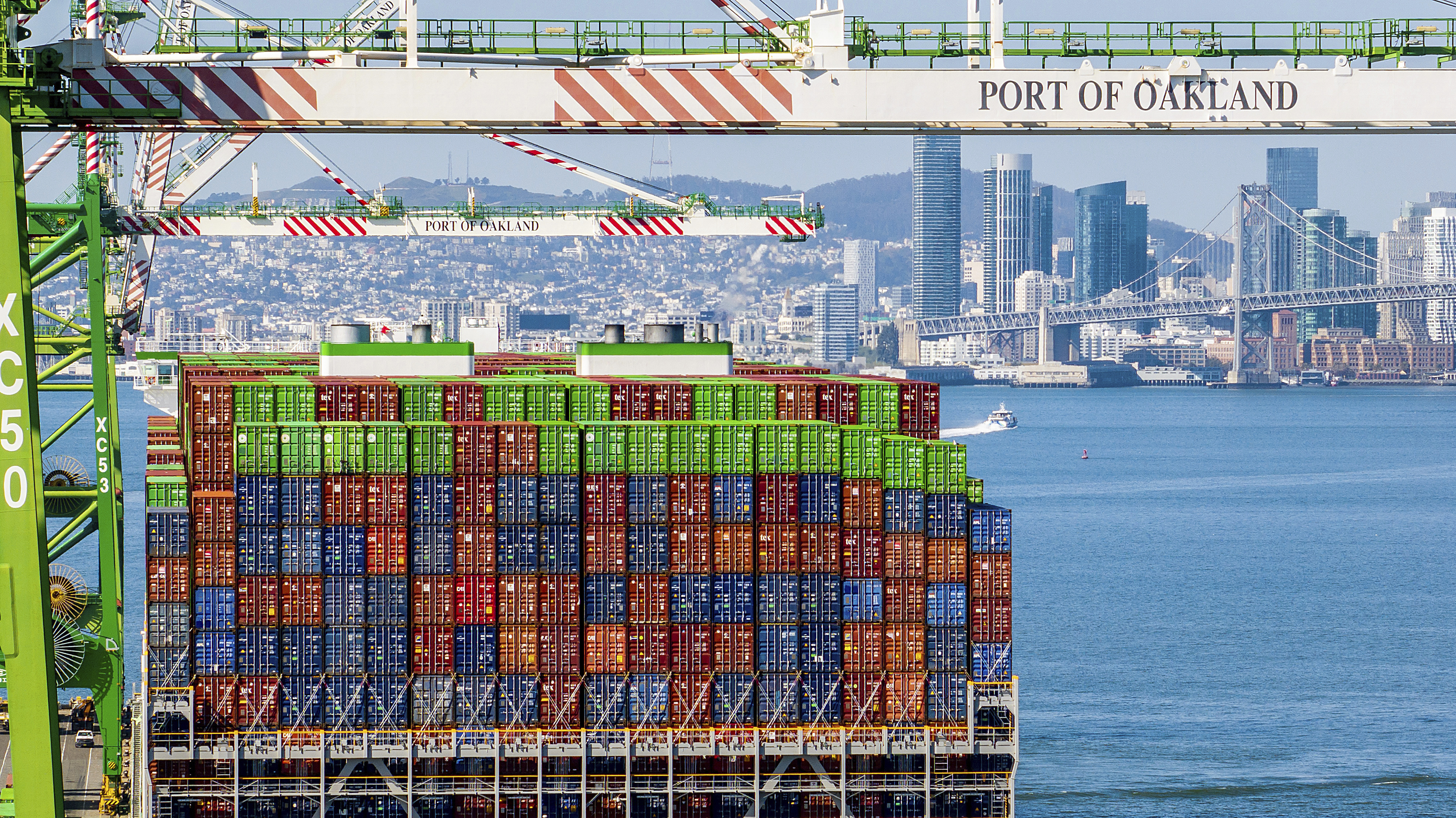
A 10% "baseline" tariff came into place past midnight, hitting most US imports except goods from Mexico and Canada as Trump invoked emergency economic powers to address perceived problems with the country's trade deficits.
By Monday, amid a rollercoaster trading day, an already nervous Wall Street was sent into a tailspin again. False reports circulated that the White House might be reconsidering the tariffs.
Stocks briefly surged — only to fall harder when Trump re-emerged with a threat: if Beijing did not rescind its retaliatory tariffs, the United States would impose new ones, at 50 percent, beginning Wednesday.
That wasn't all.
"If China retaliates again, talks will be terminated!" he posted on Truth Social, in an all-caps post that quickly went viral.
European officials, blindsided by the escalation, rushed to circulate their own tariff lists —purportedly targeting US agriculture, aircraft parts, and digital services.
'No more free rides'
Behind closed doors, governments across the world scrambled.
Brussels, Ottawa, Tokyo — all racing to get calls through to Washington, DC, to send envoys, to find workarounds or temporary exemptions from the Trump administration.
Trump, meanwhile, made it plain: only concessions would be rewarded.
"No more free rides," he declared in a televised interview.
Robert Hayes, an economic policy strategist based in Texas, who backs the White House's position, sees strategy where others see chaos.
"The 2018 tariffs weren't about GDP — they were about leverage. And they worked. We got China back to the table," he told TRT World over the phone.
He believes Wall Street was overreacting.
"The stocks rallied on Tuesday. The market did drop a lot over the last few days, maybe too much, so a bit of a bounce makes sense —it's never just a straight line down or up. In the past, big rebounds often came right after steep falls."
"There is a cost to unpredictability,” Klein said.
"Especially when economic policy is tweeted in bursts and reversed within hours."
Analysts at JPMorgan were quick to revise their recession risk to 60 percent by year-end. Some analysts predict 0.5 percent could be shaved off US GDP in Q2 alone if current tariffs take effect and retaliations follow.
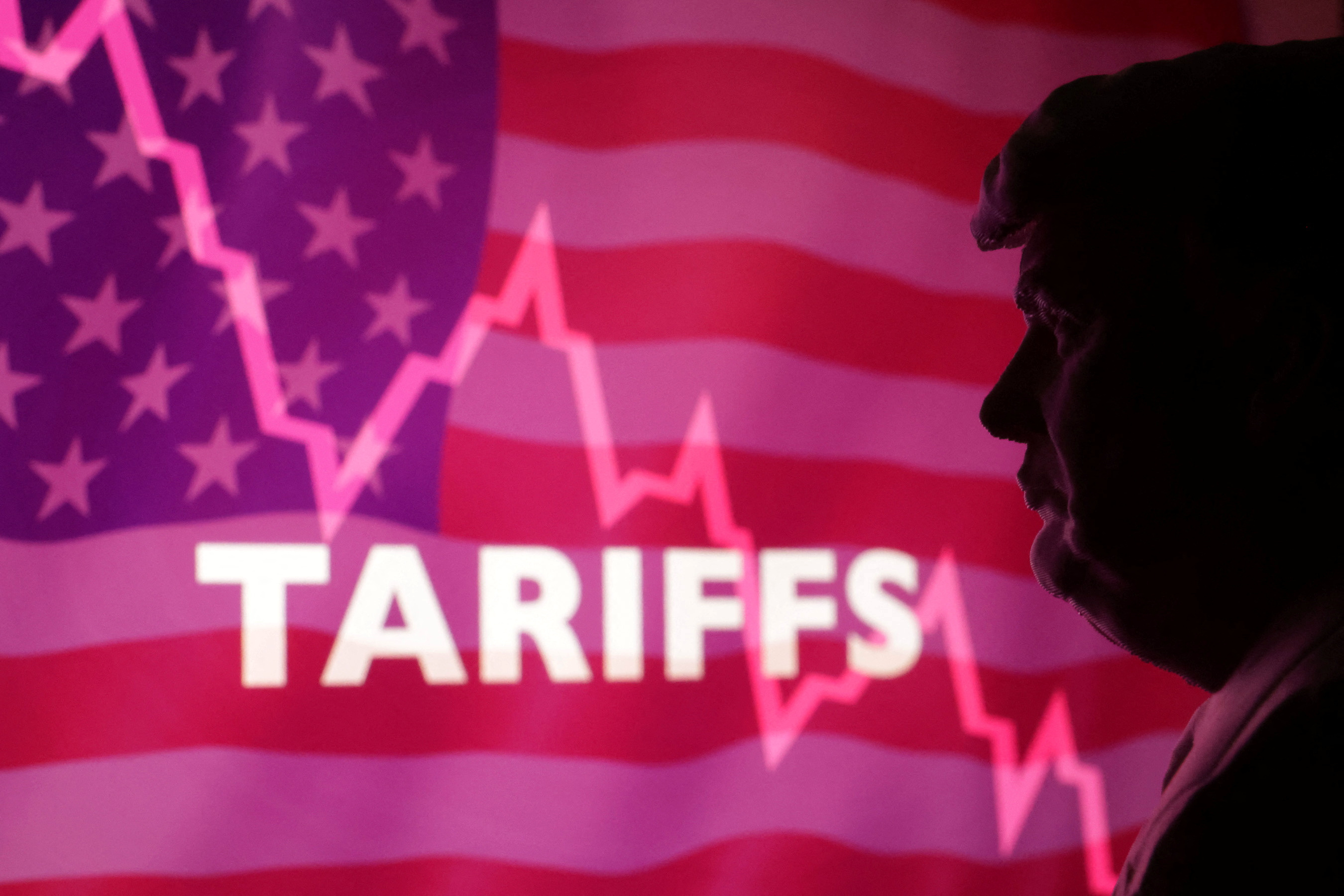
Markets plummeted for a second day, erasing trillions from investment and retirement portfolios. Analysts now foresee an increased risk of a US-led global recession.
And they are following.
China hit back with duties on LNG, soybeans, and microchips — deliberately aimed at battleground state exports.
Europe is preparing a digital services tax freeze as a bargaining chip. Other nations are in the midst of drafting "mirror tariffs."
Back on Wall Street, traders watched as industrials tanked and bond yields twisted. Defense stocks and gold rose sharply.
"There's too much doom in the discourse," Hayes insisted.
"We're talking about rebalancing decades of trade asymmetries. That doesn’t come cheap or quietly."
Yet, Klein saw history repeating.
"Smoot-Hawley (1930 US law that raised tariffs, sparked global trade wars, and deepened the Great Depression) was intended to protect US industries during the Depression. It backfired and exports collapsed. Global trade shrank by 25 percent."
"And that," she added, "was before supply chains were globalised."
She warned that if the ISM (Institute of Supply Management) Manufacturing Index dips below 50 for two consecutive months, and consumer sentiment drops under 90, the recessionary signal will be undeniable.
Even a small uptick in unemployment — 0.2%, say — would tip the balance, Klein said.
Hayes is betting on a quicker rebound. "Trump might announce carve-outs within days. We've seen that pattern. Hit hard. Then hold talks. It's all part of the strategy."
But Trump's own advisers have offered conflicting messages on whether negotiations are on cards.
While one official hinted that nearly 50 countries have approached him to discuss new sweeping tariffs imposed by President Donald Trump, others called the administration's stance "non-negotiable until full tariff compliance."
Klein offered a final thought. "Markets may be emotional — but they're also early movers," she said.
"They often twitch before the economy even stirs. That's not panic. That's a preview."


